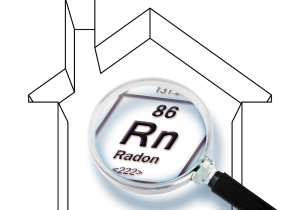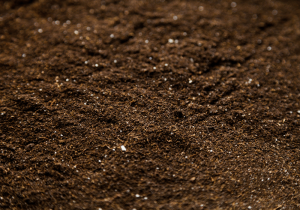Radon is an invisible, odourless, and tasteless gas that naturally emanates from soil, rock, and water. However, don’t be fooled by its seemingly undetectable presence. Prolonged exposure to radon can pose a significant health threat to you and your family, making it a silent danger lurking in many homes. According to Health Canada, radon is the second leading cause of lung cancer after smoking, responsible for about 16% of lung cancer deaths each year. With such a serious risk, professional radon testing for your home becomes not just important but absolutely essential.
If you’ve heard about radon before and thought, “I’ll deal with it later,” now is the time to act. This blog uncovers everything you need to know about radon, its risks, and why professional testing with AL Home Inspections is the surest way to safeguard your home and loved ones.
Understanding Radon: The Invisible Threat
 Radon is a radioactive gas that forms naturally when uranium in soil and rock decays. It often seeps into homes through cracks in floors, walls, and foundations, and it can also enter through well water. While radon exists in trace amounts outdoors and disperses harmlessly, it can concentrate to dangerous levels when trapped inside buildings. What makes radon particularly hazardous is that it is entirely undetectable without specialized equipment.
Radon is a radioactive gas that forms naturally when uranium in soil and rock decays. It often seeps into homes through cracks in floors, walls, and foundations, and it can also enter through well water. While radon exists in trace amounts outdoors and disperses harmlessly, it can concentrate to dangerous levels when trapped inside buildings. What makes radon particularly hazardous is that it is entirely undetectable without specialized equipment.
The health risks associated with radon are significant and well-documented. When radon gas is inhaled, its radioactive particles can damage lung tissue over time, which increases the likelihood of developing lung cancer. According to Health Canada, homes across the nation have been found with radon levels above the recommended safety threshold of 200 becquerels per cubic meter (Bq/m³). While most people are quick to act on obvious dangers, like a gas or chemical leak, the unseen nature of radon makes it easy to underestimate. The fact that radon is tasteless, odourless, and invisible underscores the need for consistent home testing.
Because radon levels can vary widely depending on a home’s location, construction type, and ventilation, testing every home is critical. Whether you live in a newly built house or an older one, no property is immune. Regular testing ensures early detection, potentially saving lives by minimizing long-term exposure.
Why Professional Radon Testing Matters
While DIY radon testing kits are widely available, they often come with significant limitations. For one, these kits require proper placement and accurate timing to capture reliable results, something homeowners unfamiliar with radon testing may find challenging. Furthermore, a single mistake in the process can lead to inaccurate readings, potentially giving you a false sense of security or causing unnecessary panic.
Professional radon testing eliminates these risks, offering results that are both precise and trustworthy. Experts use advanced equipment calibrated to provide highly accurate measurements of radon levels in your home. Unlike store-bought kits, professional tests are conducted in optimal conditions, ensuring the most representative results possible.
Another key advantage of professional testing is the expertise and insight provided by trained technicians. A professional won’t just collect data; they’ll interpret the results in context, considering factors unique to your property, like structural vulnerabilities or geographic radon levels. Professionals also understand how seasonal changes or home renovations can impact radon measurements and adjust their assessment accordingly. When it comes to an issue as important as radon, the reliability and thoroughness of professional testing are well worth the investment.
Interpreting Your Radon Testing Results
Once your radon testing is completed, you’ll receive results expressed in picocuries per litre (pCi/L) in the U.S., or more commonly in becquerels per cubic meter (Bq/m³) in Canada. According to the EPA and Health Canada, radon levels under 4 pCi/L (or 200 Bq/m³) are generally considered safe. If your home’s radon concentration exceeds this threshold, it’s time to take action.
Understanding these results is critical to determining the urgency of mitigation efforts. Although short-term exposure to slightly elevated radon levels might not seem alarming, prolonged exposure significantly increases the risk of lung cancer. Professional radon technicians from AL Home Inspections can guide you through interpreting your report and offer clarity if there’s uncertainty about what the numbers mean.
If elevated levels are detected in your home, don’t panic. Steps can be taken to reduce exposure quickly and effectively. We work closely with certified mitigation experts who can help secure your home and make it safe again. The key is acting fast once a problem is identified, ensuring you and your loved ones are no longer at risk.
Protecting Your Home and Family with Radon Mitigation
 Radon mitigation refers to the process of reducing radon concentrations in your home to safe levels. There are several effective mitigation strategies, such as installing a soil suction system to prevent radon from entering or enhancing home ventilation to dissipate the gas. Other techniques may include sealing cracks in your foundation or depressurizing your crawl space.
Radon mitigation refers to the process of reducing radon concentrations in your home to safe levels. There are several effective mitigation strategies, such as installing a soil suction system to prevent radon from entering or enhancing home ventilation to dissipate the gas. Other techniques may include sealing cracks in your foundation or depressurizing your crawl space.
When it comes to mitigation, working with certified professionals is essential. DIY solutions may fail to address the root cause or, worse, unintentionally worsen the problem. At AL Home Inspections, we prioritize connecting homeowners with trusted mitigation specialists who follow national safety guidelines. These experts will assess your home’s unique needs and recommend the most effective solution for long-term results.
The benefits of mitigation are clear. Not only does it protect health, but it also enhances property value. Homes with documented radon mitigation systems are often seen as safer and more valuable by potential buyers, ensuring that your investment pays off in more ways than one.
The Cost of Radon Testing and Mitigation
While some homeowners may hesitate to invest in radon testing and mitigation due to costs, it’s vital to consider the long-term health and financial benefits. Professional radon testing typically ranges between $150 and $300, depending on the size and location of your home. For mitigation, the costs can vary from $1,000 to $2,500, depending on the complexity of the system needed.
Factors such as local radon levels, the design of your home, and the type of mitigation required can all influence cost. However, these expenditures are minor compared to the potential medical expenses and immeasurable value of preventing lung cancer. Investing in radon safety provides peace of mind and protects the well-being of those you hold dearest.
Radon may be invisible, but its dangers are very real. By prioritizing professional radon testing, you’re taking an essential step toward creating a safer home environment for your family. With AL Home Inspections, you’re not just hiring a service; you’re partnering with experts who care deeply about your health and safety. Take the first step today. Contact us to schedule a radon test and ensure your home remains a sanctuary, not a source of risk.

